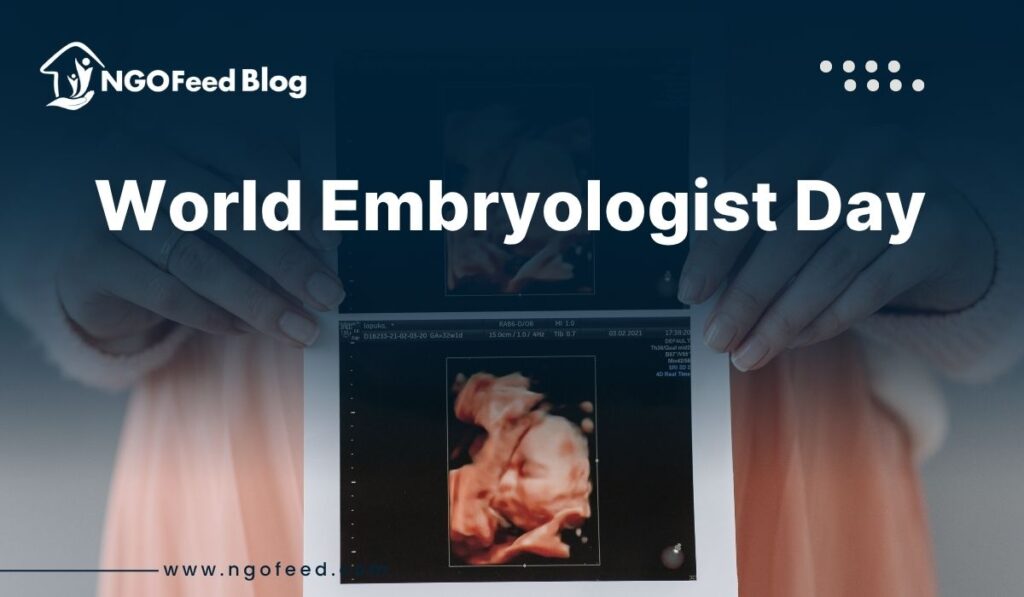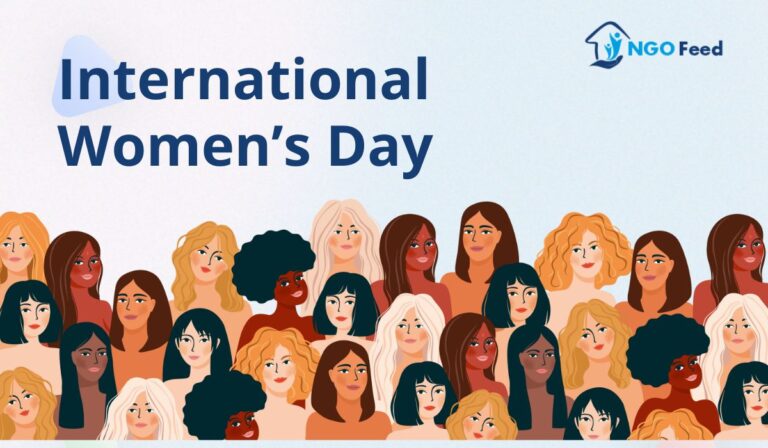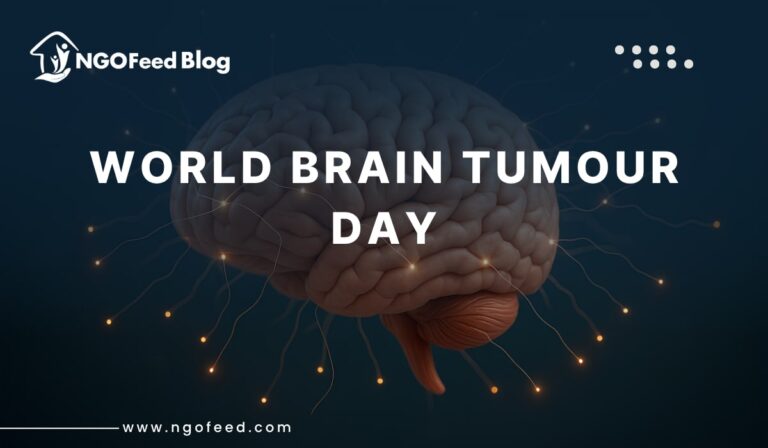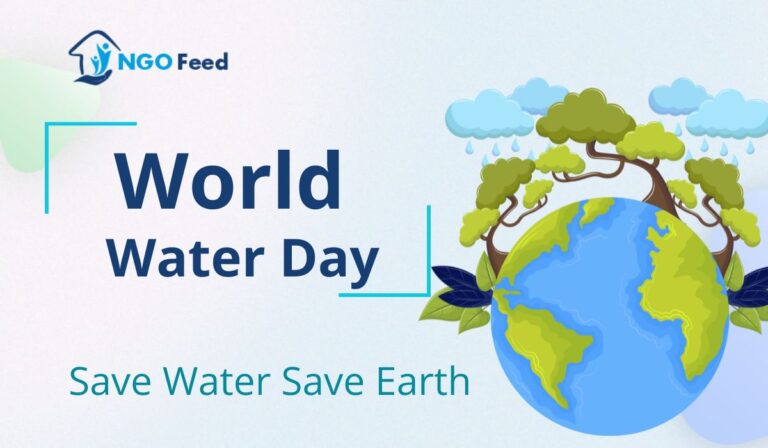Every year on 25 July, World Embryologist Day is celebrated around the world to recognize the vital contribution made by embryologists in reproductive medicine and assisted reproductive technology (ART). Revolutionizing fertility science, Louise Brown—the world’s first successful IVF (in vitro fertilization) baby born on 25 July 1978 in England—celebrates her birthday on this day.Every year, World Embryologist Day, celebrated on July 25, honors the amazing accomplishments and essential contributions of embryologists in the area of reproductive medicine. This day honors the birth of Louise Brown, the first IVF infant in 1978, a landmark achievement that permanently changed the possibilities of aided reproduction. World Embryologist Day not only celebrates the scientific brilliance of those laboring behind the scenes in fertility laboratories as we move into 2025 but also highlights their critical role in assisting people and couples achieve their aspirations of parenthood.
Rising rates of infertility, changing societal norms, and the development of reproductive technologies have all elevated embryologists as essential players in contemporary medicine. Embryologists balance cutting-edge research with emotional sensitivity and ethical accountability, therefore emphasizing the fragile equilibrium underlying this year’s theme, “Science of Life: Ethics, Innovation, and Hope. ” It calls for more consciousness, more access to reproductive services, and more acknowledgement of the people who enable it.
NGOs, fertility awareness groups, and public health networks worldwide are planning educational activities, free fertility checks, virtual workshops, and support programs targeted toward raising reproductive literacy and promoting fair access to assisted reproductive technologies (ART) in 2025. From inadequate infrastructure in developing nations to the emotional toll of high-stakes procedures, this day provides a chance to consider the problems faced by embryologists.
This article delves into the background and importance of World Embryologist Day, analyzes the 2025 theme, considers the obstacles and successes of embryology experts, and highlights the critical role non-profits play in advancing fertility health, ethical advocacy, and patient care. It honors science, compassion, and the profoundly human need to generate life.
Table of Contents
Why Embryologists Are Valuable
- They manage the sensitive process of fertilizing eggs and developing embryos in the laboratory.
- They guarantee ethical, scientific handling of reproductive cells.
- They help couples in realizing their aspirations for parenthood by tracking embryonic development, conducting quality inspections, and supporting couples.
- They further infertility and reproductive genetics research.
Also Read: Role of NGOs in Slum Development
World Embryologist Day Theme for 2025
Though the 2025 theme could be revealed closer to the day, the overall attitude is to:
- Honour fertility therapy’s scientific advances.
- Bring attention to infertility problems.
- Appreciate the professionalism and commitment of embryologists all around.
World Embryologist Day – Historical Background
Louise Brown, the first IVF baby, arrived on 25 July 1978. Embryology now encompasses sophisticated techniques including cryopreservation, PGD (pre-implantation genetic diagnosis), and ICSI (intracytoplasmic sperm injection). India has evolved into a major center for ART processes, with many ground-breaking embryologists working globally.
Celebrated worldwide on July 25, World Embryologist Day honors the anniversary of the birth of Louise Joy Brown, the first baby conceived through in vitro fertilization (IVF). Louise Brown, born on July 25, 1978, in Oldham, England, was a great scientific development changing the field of reproductive medicine. Her arrival inspired millions of couples dealing with infertility and created a fresh area of medical science—clinical embryology.
Through the pioneering work of embryologist Jean Purdy, reproductive biologist Robert Edwards, and ginecologist Patrick Steptoe, IVF’s success was made possible. Although Edwards received the Nobel Prize in Physiology or Medicine in 2010 for this discovery, Jean Purdy’s contributions were just as important, thereby establishing her as one of the first embryologists of history. Their cooperative effort resulted in the creation of procedures allowing fertilization of an egg outside the human body, embryo culture, and successful embryo transplant into the womb.
The job of the embryologist emerged as a specialized and essential one as IVF methods developed. Tasks now under responsibility for embryologists include oocyte retrieval, sperm analysis, in vitro fertilisation, embryo grading and selection, cryopreservation, and preparation for embryo transfer. Their knowledge is based in cutting-edge laboratory techniques as well as cell biology, genetics, and reproductive physiology.
World Embryologist Day was created to honor and celebrate these behind-the-scenes heroes scientists and medical professionals who work often without direct patient contact in embryology labs all year long, but whose accuracy and expertise are crucial for the success of infertility treatments.
The influence of embryologists has increased dramatically over the years, particularly since assisted reproductive techniques (ART) including egg/sperm freezing, ICSI (Intracytoplasmic Sperm Injection), and PGD/PGT (Preimplantation Genetic Diagnosis/Testing) have become more advanced and broadly accessible. Celebrating this day increases public knowledge about embryology, highlights the ethical and emotional intricacy of the vocation, and fosters respect for the science of life.
Also Read: Empowering Women-Led NGOs: The Rise of Female Changemakers
How World Embryologist Day is Celebrated
- Medical students and practitioners benefit from conferences, workshops, and webinars.
- Social media awareness initiatives about infertility, IVF success, and moral behavior. Awards for exceptional embryologists.
- Patient education on fertility preservation programs. Biology students should raise awareness about ART through posters and contests.
Deadline of Note
The deadline for report submissions for schools, medical colleges, and hospitals organizing awareness campaigns or events is 17 July 2025 so as to match national and international societies.
Conclusion
Hope is what World Embryology Day is all about, not merely a science celebration. Behind every triumphant IVF story is the regular, knowledgeable, and ethical labor of embryologists who precisely and compassionately manage the first phases of human life. Their work links human emotions, technology, and science; hence, they are essential participants in worldwide healthcare.
Also Read: Role of NGOs in COVID-19
Sample Speech for World Embryology Day 2025
Respected statesmen, colleagues, and friends,
We meet today, 25 July, to commemorate World Embryologist Day, a day honoring the unrelenting efforts of embryologists all over the world. Working under microscopes to convert aspirations into life and dreams into reality, embryologists are quiet heroes. Millions of families fighting infertility have found joy from embryology since the first IVF baby was born in 1978. To guarantee safe, effective assisted reproduction, embryologists mix the highest scientific criteria with ethical duty in every plate, in every incubator.
Let us praise their diligence, commitment, and tireless search of perfection on this day. Let us also support patients with compassion and correct knowledge, dispel infertility stigma, and increase awareness of it. May this World Embryologist Day serve as a reminder of the wonder’s science can accomplish under the direction of compassion and professionalism.
Also Read: Role of NGOs in Influencing Government Policies
Thanks, and best wishes for continued progress.
Frequently Asked Questions (FAQs)
Who was the world’s first IVF baby?
Louise Brown
In which year was the first IVF baby born?
1978
What does IVF stand for?
In vitro fertilization
What is the role of an embryologist?
Handling, culturing, monitoring, and managing human embryos in ART clinics
What is ICSI?
Intracytoplasmic sperm injection
Which country achieved the first IVF baby?
United Kingdom
What does ART stand for in reproductive medicine?
Assisted Reproductive Technology
Which Indian scientist is credited with India’s first successful IVF baby?
Dr. Subhas Mukherjee (Kanupriya alias Durga, 1978–1981)
Name one advanced technique embryologists use today.
Cryopreservation / Preimplantation genetic testing
What is the date to submit reports of World Embryologist Day activities in 2025?
17 July 2025
1️⃣









